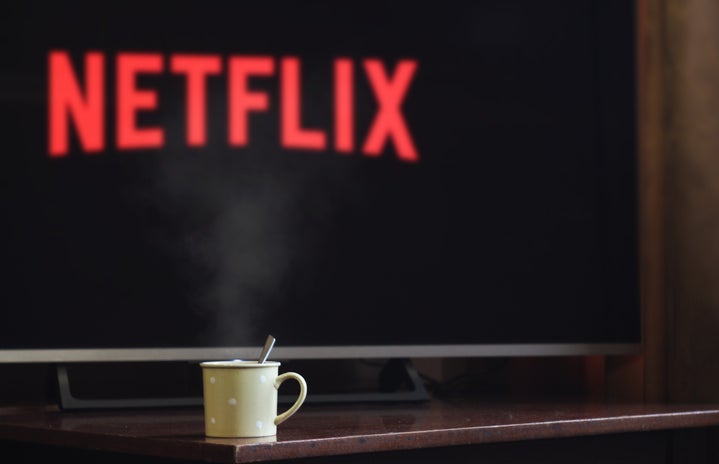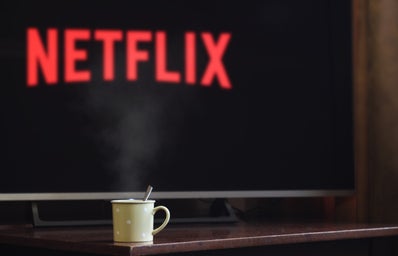The Good Place aired its last season a year ago, but not before leaving viewers with too much food for thought about modern-day life. With references to both ancient and modern philosophers, just about anyone can find a school of thought they can identify with.
Although The Good Place is known for being an overall wholesome experience, it’s also a learning experience for both the viewer and the show’s protagonists. Let’s review some of the most valuable life lessons we can learn from NBC’s comedy about the afterlife. Potential spoilers lie ahead.
- Life is too short for meaningless experiences
-
One of the recurring themes throughout the show revolves around the fact that no matter how much anyone accomplishes, there will always be a few things that they never did even though they always wanted to. In a sense, it’s a very human experience to want to achieve as much as you can, but what if all you’ve done is insignificant? What if the few things you actually haven’t done are the ones that would mean the most to you?
The main takeaway here is that regardless of how many experiences one lives, what’s actually important is to make sure each one of those is meaningful. That our faults—such as Eleanor’s lack of vulnerability, Chidi’s indecisiveness, and Tahani’s obsession with one-upping her sister—shouldn’t get in the way of enjoying our lives if we work on them and realize which experiences actually should matter to create a fulfilling life.
- Heaven and hell are extremes no one should be subjected to
-
Both The Good Place and The Bad Place are part satire, part speculative fiction of what heaven and hell could be like—and they both suck. While The Bad Place is an eternal hole of torture and mostly unwarranted punishment, especially toward a huge chunk of people who were never really bad people, The Good Place is reserved for an elite few who will be mostly condemned to forgetting their humanity and turning into meaningless immortal beings. In short, they’re extreme visions of morality that make no sense.
What makes the human experience so beautiful is the ups and downs of life. If life is only ever suffering or an extreme commodity, it loses all meaning. Humans don’t exist in a moral vacuum of right and wrong. We live in a social context where bad people sometimes do good things and good people don’t always do the right thing. Most people just fall in between, and they shouldn’t have to suffer an eternity of damnation just because they weren’t martyrs, saints or nuns.
- There should be a Medium Place
-
As protagonist Eleanor Shellstrop states time and time again, there should be a place for people who were neither evil nor holy that shouldn’t feel like purgatory. Although we do have the (relatively) free will to act as we think correct, it’s also true that the most privileged people have more time and money to actually act for the greater good, in favor of the marginalized. That’s how it should work in theory—the truth is that many multibillion-dollar corporations don’t invest their accumulated wealth in social welfare. In fact, these companies tend to actively contribute to systemic marginalization, contamination, and even gentrification of poor communities. Even then, some companies with less value do far more than what is expected of them to comply with their so-called corporate social responsibility.
In any case, morality isn’t a black-and-white issue, and some people are able to do more good than others because they were blessed in conditions that didn’t limit their emotional growth and instilled them with empathy rather than trauma and suffering. The Medium Place would likely be an apt place for many souls that simply did not have the resources to do more in their lives but also didn’t actively contribute to the suffering of others.
- In the right conditions, anyone can become a good person
-
The Good Place’s most important leitmotif is that anyone can become a better version of themselves in the right environment and with the right tools. This theoretical framework is pretty common within the prison abolition movement, in which activists fight against inhumane imprisonment and the suppression of prisoners’ human rights. In short, as the protagonists pleaded to the Judge (The Good Place’s version of God, basically) near the end of season 4, humans should be given a space in the afterlife to become better versions of themselves because, given the opportunity, they can improve.
In life, we get opportunities every day to improve. The moment we do something illegal, regardless of how immorally correct it actually is, our rights are instantly taken away and the justice system becomes the authority on atonement. This isn’t to say that there aren’t crimes that have severe consequences and should, in one way or another, lead to punishment. However, explicit torture, psychological abuse, and extreme endangerment of one’s life as methods of reinstatement rarely, if ever, work. On the other hand, through education, therapy, and experiences that heal trauma, it is actually possible to learn from your mistakes and become better.
- Nobody is perfect
-
Except for Janet, The Good Place’s human-like database who is neither a robot nor a girl. Obviously, I’m joking—even the all-knowing Janet has her faults, and that’s completely okay. The show teaches viewers that being a “good” person doesn’t mean fighting against who you are. Rather, it means recognizing the way your actions affect others and taking responsibility for them. Becoming a good person means treating others well in the same way you should treat yourself. And even then, you’ll always be a little bit insecure, or timid, or sometimes a bit selfish, but that doesn’t mean that you’re incapable of doing good and contributing to the world. Instead of aspiring to be perfect, whatever that is, The Good Place preaches that owning one’s greatness despite one’s flaws is the best way to improve.
There’s so much left to be said, but if you want to indulge in the many ethical dilemmas explored in the show, check it out on Netflix. You’re welcome.


